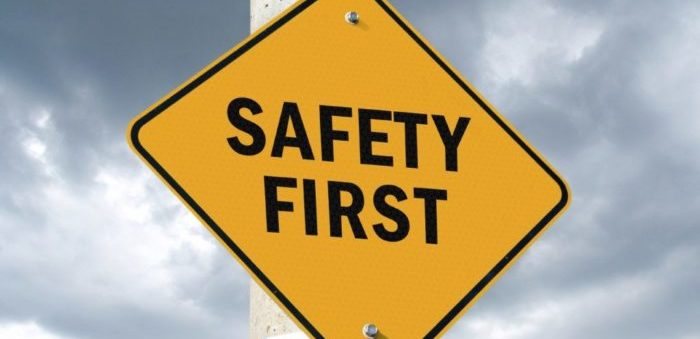Safety culture and safety climate are similar terms describing an organization’s approach to safety, not only the visible efforts or attitudes its members chose to adopt, but also every mental function that defines their overall behavior. To be more specific, although those two definitions are used for the same reason, “safety culture” mostly refers to individual and group values, attitudes, perceptions, competencies regarding safety, while “safety climate” is mainly used to describe the expressed ideas, the tools and techniques used in general by the organization in order to confirm its compliance to safety. In other words, the climate is an item which is easily perceived by others while culture is the basis that lies hidden under the surface.
Read in the series
- Safety Management: Why SMS are important
- Safety Management: How can shipping companies become High Reliability Organizations?
- Safety Management: Safety Culture vs Safety Climate – What’s the difference?
- Safety Management: Measuring Maturity
- Safety Management: Why Quality is important among shipping organizations
- Safety Management: Why audits are important
- Safety Management: Learning about Safety Surveys
- Safety Management: Evaluating a Crew Resource Management training
- Safety Management: How post-incident reviews can be a useful tool
- Safety Management: How to define and measure KPIs effectively
This separation may seem unnecessary as the result is always the visible part, however, separating the visual from the intangible items could be useful for an organization during a performance evaluation to acknowledge failures and understand the deeper causes that led individuals to an unsafe behavior.
Safety Culture: Key elements
Organizations adopt an attitude and follow a defined path for their actions and their total approach to business. If their actions do not deviate from the approved plan the results may be acceptable and very close to the scopes and aims of the company.
As already mentioned, the culture is the unrevealed part of the company’s character, thus the only way to be revealed is through discussion with crewmember at the office and onboard. Culture, as it is a mental process, may be difficult to be described by the individuals, but through targeted questions, the main facts would come on the surface about what is safety for them and which are their own responsibilities related to safety.
[adrotate banner="272"]
Lately, several theories have made their appearance to define different culture approaches among shipping organizations as follows:
- Non-blame culture: is an approach that tries to see any problem from a view that is totally disconnected by any term of fear. Thus, the crewmembers onboard and office employees are always encouraged to report errors and every problem arising at workplace without any punishments.
- Just culture: refers to an approach that shows zero tolerance to unsafe behavior. Some organizations draw a strict line that separates the acceptable incidents that may be opportunity for learning from unacceptable and totally unsafe behavior that could lead to sever and catastrophic consequences.
A combination of these two theories could develop a strong organization of high reliability where employees report their errors and all near misses, but on the other hand a line is drawn between acceptable and unacceptable behaviors. Also, the organization should always make the appropriate efforts to cultivate a safety culture among all members and use the arising problems as lessons to be learned, in order not to repeat sometime in future.
Safety Climate: Key elements
By safety climate shipping organizations mean the way that safety is managed and how it is transmitted and reflected at crewmembers’ behavior. There are many factors that synthesize a safety climate in shipping companies with the safety management being the major. Except for that, it is very important for an organization which aims toward a strong safety climate, to focus on the following:
- Training programs
- Maintenance of its social status
- Assessment of the risks
As it derives from the experience, a strong safety climate ensures better outcomes. As such, shipping organizations should invest on safety climate and always control and evaluate the safety performance bearing in mind that there are several things, visible and hidden that contribute to positive safety outcomes, as also to the company’s continual improvement.
Safety becomes a priority in shipping companies with an effective safety culture and safety climate. Company’s staff and vessel’s crew will learn to concentrate on safety and assess the consequences of unsafe actions, rather than simply obey to safety procedures, as these have been defined by the top management, statutory regulations etc. A management that focuses on self-interest and continual learning from mistakes, ensures that employees -from office managers, to the captain, purser or sailors- understand the importance of following the safety procedures, until finally becomes their only choice and attitude.
































































